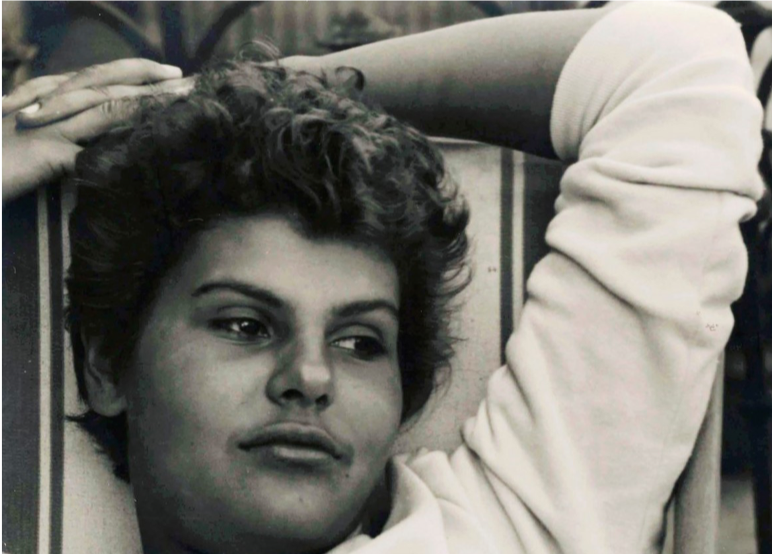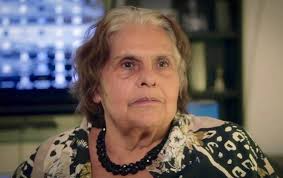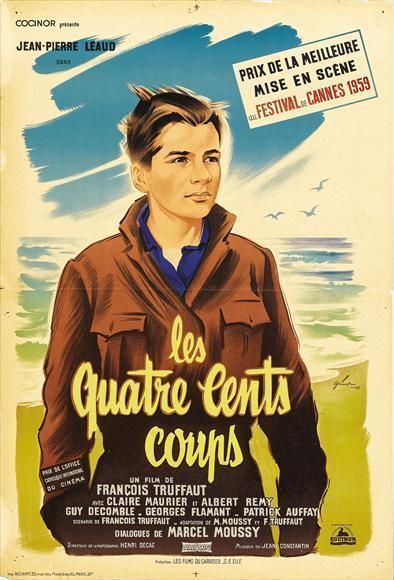Nayeong Nam
Born 1970
 Nayeong Nam (남나영) is a South Korean film editor who began in 1997 as a negative cutter. In 2002, her first work as an editor was on Chosin Jeong’s Wet Dreams/Idiots/Mongjeonggi. Since then, Nam has worked on multiple films with leading South Korean directors and amassed sixty-six editing credits. She has edited five films for Seung-wan Ryoo (Crying Fist/Jumeogi unda; Timeless; Dachimawa Lee; The City of Violence/Jjakpae; and Arahan/Arahan jangpung daejakjeon). With the director Jee-woon Kim, Nam has edited four films (I Saw the Devil/Angmareul bwatda; The Good, the Bad, the Weird/Joeunnom nabbeunnom isanghannom; Bakugan: Battle Force; and Doomsday Book: Heaven’s Creation/Illyumyeolmangbogoseo). In her work with Hyoung-chul Kang, Nam has edited three films (Sunny/Sseoni; Tazza: The Hidden Card/Sinui son; and Scandal Makers/Gwasok seukaendeul). The Grand Bell Award is the South Korean equivalent of an Oscar. In the Best Editing category, Nam was nominated six times (for Scandal Makers, The Good, the Bad, the Weird, The City of Violence, Arahan, Dong-hyuk Hwang’s The Fortress/Namhansanseong and Byoung-gil Jung’s Confession of Murder/Naega sarinbeomida) and has won twice (for Crying Fist and Changmin Choo’s Masquerade/Gwanghae: Wangi doen namja). For her work on I Saw the Devil, she won an Asian Film Award, which is presented annually by the Hong Kong International Film Festival Society. For the Blue Dragon Award, Nam was nominated for Tazza: The Hidden Card and won for Masquerade, and at the Women in Film Korea Festival, she won for Sunny.
Nayeong Nam (남나영) is a South Korean film editor who began in 1997 as a negative cutter. In 2002, her first work as an editor was on Chosin Jeong’s Wet Dreams/Idiots/Mongjeonggi. Since then, Nam has worked on multiple films with leading South Korean directors and amassed sixty-six editing credits. She has edited five films for Seung-wan Ryoo (Crying Fist/Jumeogi unda; Timeless; Dachimawa Lee; The City of Violence/Jjakpae; and Arahan/Arahan jangpung daejakjeon). With the director Jee-woon Kim, Nam has edited four films (I Saw the Devil/Angmareul bwatda; The Good, the Bad, the Weird/Joeunnom nabbeunnom isanghannom; Bakugan: Battle Force; and Doomsday Book: Heaven’s Creation/Illyumyeolmangbogoseo). In her work with Hyoung-chul Kang, Nam has edited three films (Sunny/Sseoni; Tazza: The Hidden Card/Sinui son; and Scandal Makers/Gwasok seukaendeul). The Grand Bell Award is the South Korean equivalent of an Oscar. In the Best Editing category, Nam was nominated six times (for Scandal Makers, The Good, the Bad, the Weird, The City of Violence, Arahan, Dong-hyuk Hwang’s The Fortress/Namhansanseong and Byoung-gil Jung’s Confession of Murder/Naega sarinbeomida) and has won twice (for Crying Fist and Changmin Choo’s Masquerade/Gwanghae: Wangi doen namja). For her work on I Saw the Devil, she won an Asian Film Award, which is presented annually by the Hong Kong International Film Festival Society. For the Blue Dragon Award, Nam was nominated for Tazza: The Hidden Card and won for Masquerade, and at the Women in Film Korea Festival, she won for Sunny.
(N.b.: There is major inconsistency on the web about the way her name is written, as well as how film titles are Anglicized, so everything here appears as correctly Anglicized according to a Korean film scholar.)






 Marie-Josèphe Yoyotte’s father was from Martinique, her mother was French. She was born and raised in France, and worked primarily in that country, but maintained a close relationship with her roots in Martinique.
Marie-Josèphe Yoyotte’s father was from Martinique, her mother was French. She was born and raised in France, and worked primarily in that country, but maintained a close relationship with her roots in Martinique.


